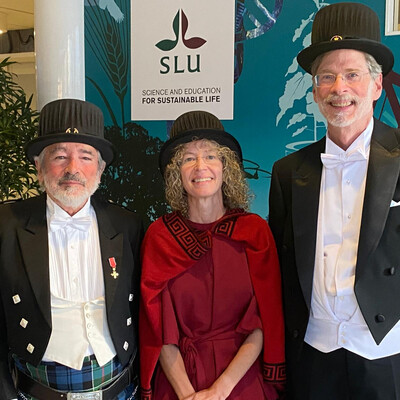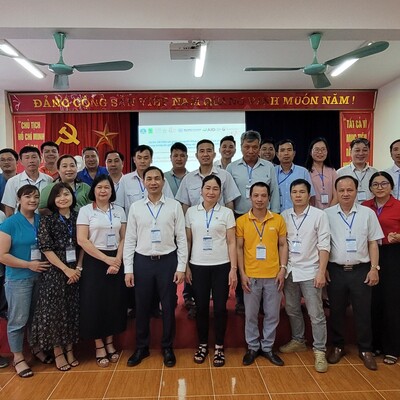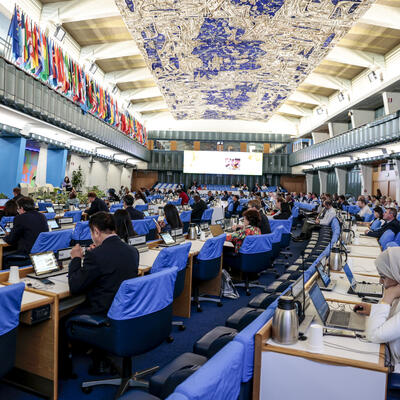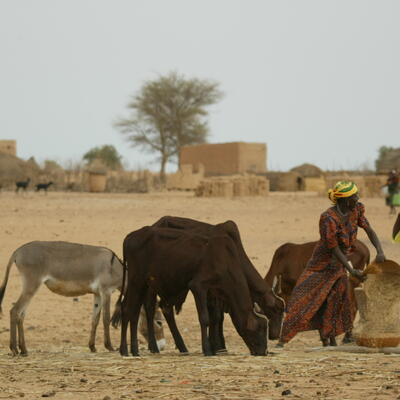
Aflatoxin survey of Kenyan farmer maize and development of novel diagnostics
Aflatoxins are highly toxic compounds produced by various species of the fungus Aspergillus. Higher levels of exposure can cause death and chronic exposure can lead to cancer. Children are especially susceptible to aflatoxins, which stunt their growth and development. Aspergillus flavus, a pathogen of maize, is responsible for aflatoxin accumulation in the sub-Saharan African food supply. The overall aflatoxin project is designed to: build aflatoxin testing capacity at the Hub; conduct a small -scale survey of aflatoxins in maize in the food supply of Kenya smallholder farmers; and develop novel, higher throughput diagnostics. The Hub's role in this collaborative project is to provide ELISA-based aflatoxin testing for samples collected in the field by the Cornell and Univeristy of Maryland teams: maize from posho mills (where smallholder farmers grind their maize) and from farmers' storage in selected Kenyan villages. The testing at the Hub has involved a Kenyan PhD student from Dr. Nelson's lab at Cornell, Mercy Kitavi (SFSA-supported crop research technician) and a recent MSc graduate of University of Nairobi . This small-scale study aims to assess whether there is an aflatoxin problem in the smallholder farmer food supply in Kenya. Aside from building capacity for Hub- based aflatoxin testing using Helica, Aflacheck and VICAM (to be placed at the Hub in October by Dr. Nelson's team), we are considering whether to attempt adaptation of near infrared spectroscopy (NIRS) to detect aflatoxins in maize flour. This would drastically reduce the cost of testing (after initial purchase of the machine) and increase throughput. We would welcome assistance from scientists within Syngenta with relevant experience in this endeavor. Overall, the aflatoxin project will build aflatoxin testing capacity at the Hub, and may allow the Hub to become a service provider for aflatoxin in the future


















